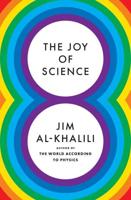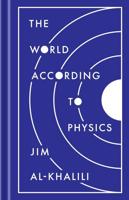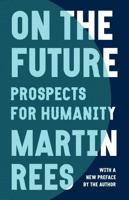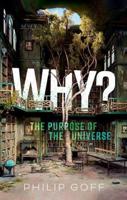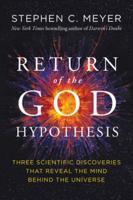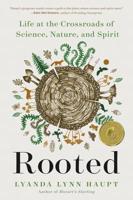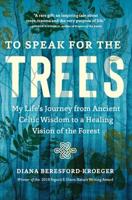Publisher's Synopsis
Many people believe that science provides facts while religion is just opinion or beliefs. This book explores the structure and value of science and religious experience, and demonstrates how similar they are and how equally valuable and valid they are. After defining different forms of knowledge, e.g. biological, personal, moral, religious, the author explains how the structures of both the humanities and the sciences involve what we grasp through our senses, and how we interpret those impressions first by description, then by evidence collected, then by reason and understanding -- all based on the foundation of basic beliefs. One can no more prove scientific theory or that Moses heard God's call, for each is upheld by a believing community. For factual claims are interpretations in both science and religion. In this work, objective science is examined against the subjective world of personal relations, the humanities and religion. Many scientists and religionists acknowledge a hierarchy of different forms of knowledge, e.g. empirical, chemical, personal and religious. Some fundamentalists (both scientific and religious) focus on one form of knowledge, when a range of forms of knowledge would provide a more balanced multi-focal perspective.

